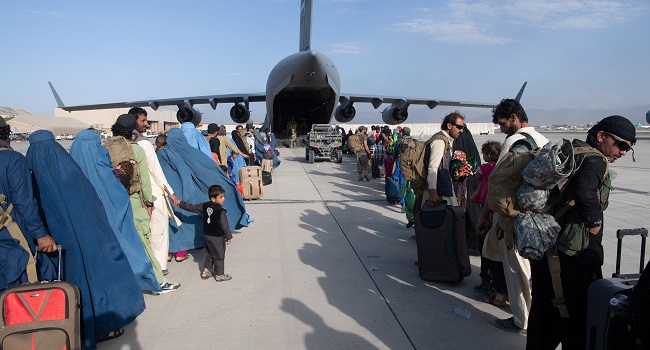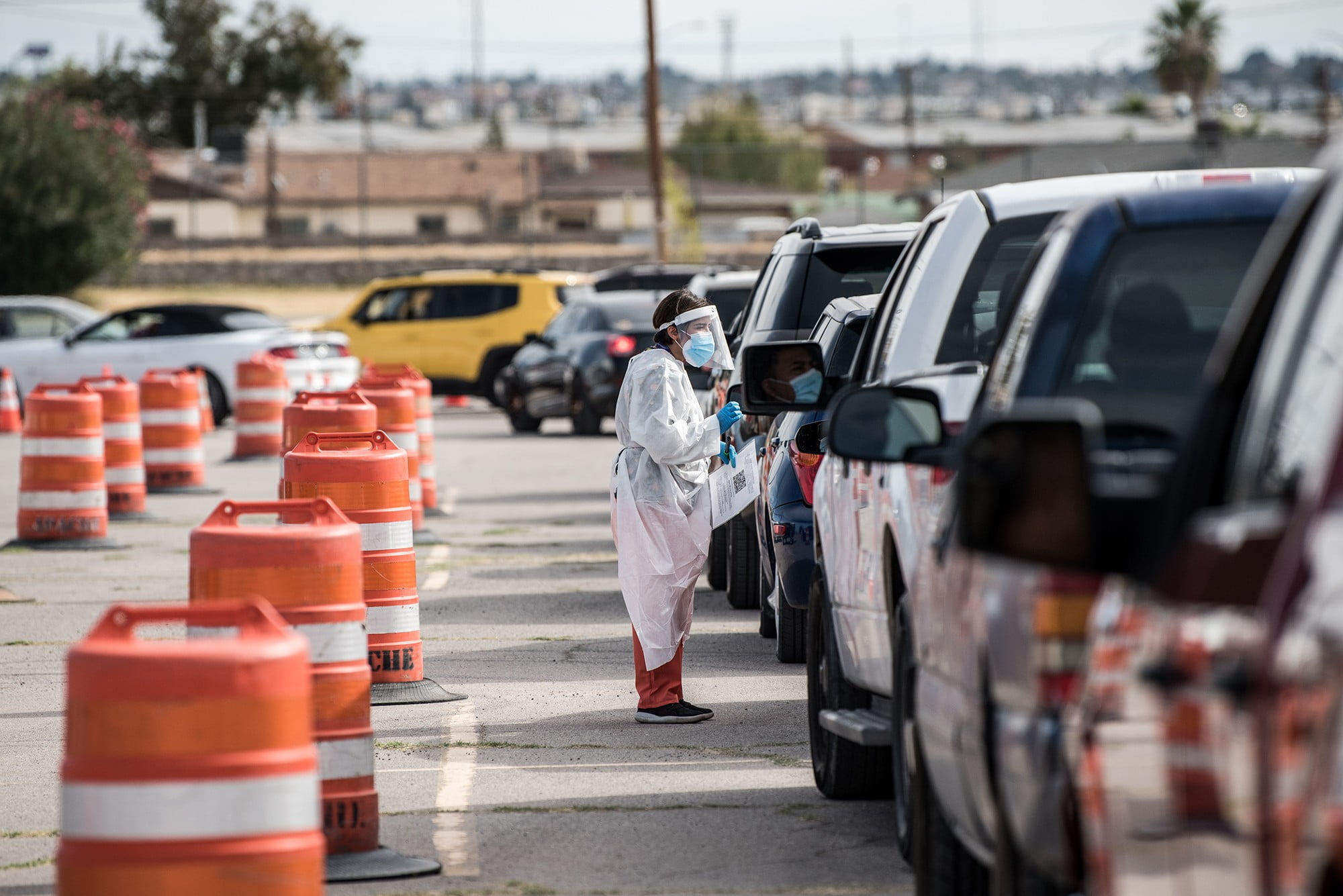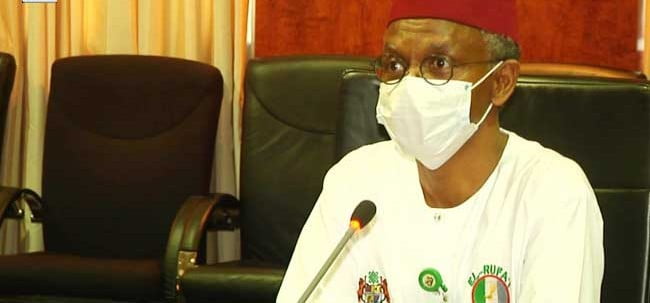US Strike That Killed 10 Afghan Civilians Did Not Violate Law Of War – Pentagon inspector general said
Three adults, including a man who worked for a US aid group, and seven children were killed in the August 29 operation, with the target believed to have been a home and a vehicle occupied by Islamic State militants.
“The investigation found no violation of law, including the Law of War. Execution errors combined with confirmation bias and communication breakdowns led to regrettable civilian casualties,” Lieutenant General Sami Said, the inspector general for the US Air Force, said in a report.
“It was an honest mistake,” Said told reporters at the Pentagon.
“But it’s not criminal conduct, random conduct, negligence,” he said.
Said said the people directly involved in the strike, which took place during the US-led evacuation of tens of thousands of Afghans after the Taliban seized control of the country, genuinely believed “that they were targeting an imminent strike.”
“The intended target of the strike, the vehicle, its contents and occupant, were genuinely assessed at the time as an imminent threat to US forces and mission at Hamid Karzai International Airport,” the report said.
However, it said, the interpretation of intelligence and the observations of a targeted car and its occupants over eight hours was “regrettably inaccurate,” it said.
“What likely broke down was not the intelligence but the correlation of that intelligence to a specific house,” Said explained.
The US military believed it was targeting IS militants planning an attack on the evacuation operations, three days after a suicide bomb attack at the airport left 13 US service members and scores of Afghans dead.
The car was thought to have contained explosives like those used in the previous attack.
After a preliminary investigation, the Pentagon admitted on September 17 that it had been a “tragic mistake.”
The Pentagon said that the surviving family members would be compensated.
Said said that there was not one point of failure or a person to be blamed for the error. He also said it was not in his responsibilities to decide whether someone should be punished for the error.
AFP



